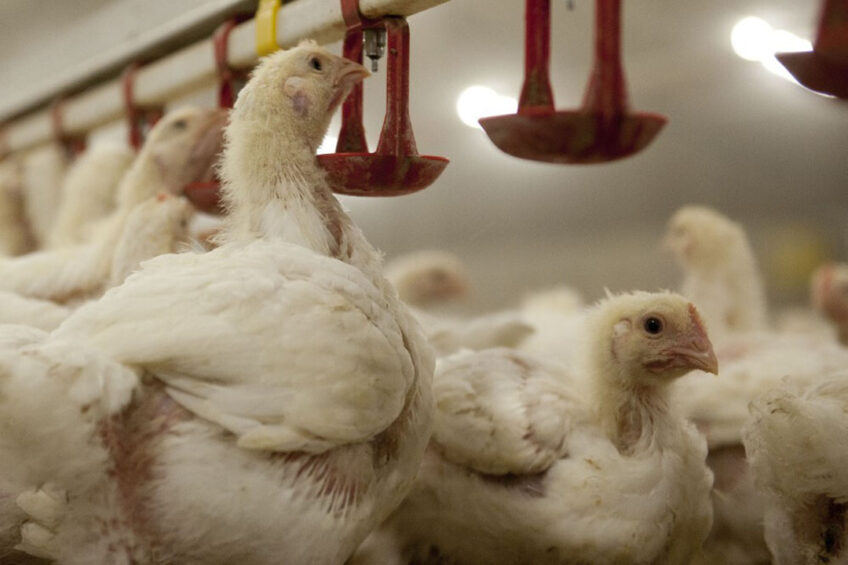DNA study could help breed virus-resistant poultry

Poultry could be bred to resist damaging vital infections, according to scientists, who say an analysis of chicken genes highlights possible variants linked to innate immunity against damaging infections.
The study of different types of poultry – known to be either more resistant to or more susceptible to common poultry viruses – has uncovered dozens of variations in genes with a central role in the chicken immune response to infection.
The findings, from the Roslin Institute at the University of Edinburgh, may point to genetic variations that determine birds’ response to infection, to help breed birds that are resistant to disease.
DNA analysis
Researchers analysed DNA from chickens that had been found to be naturally more resilient or more prone to avian influenza, Marek’s disease, infectious bursal disease, or infectious bronchitis virus – all of which are costly viruses for the poultry industry.
Computer analysis looked for variations in the genes linked to the production of immune proteins known as interferons and other associated molecules. The team sought to compare their findings with a standard reference genome for chickens, to determine the effect caused by variations in these regions of DNA and how they might be associated with each bird’s response to infection.
Genetic factors and variations
They analysed genetic variations that are likely to influence resistance or susceptibility to one of the four infections.
Joshua Mountford, study lead author at the Roslin Institute, said viral infections are a significant challenge for the poultry industry and impact animal welfare: “Determining genetic factors that enable birds to present a robust resistance to infection could deliver a host of benefits.”
Dr Jacqueline Smith of the Institute, added: “Our study is a good first step to understand the genetic factors influencing innate immunity to a range of viral infections in poultry. The variants we have discovered merit further investigation and could be valuable in breeding chickens resistant to disease.”
Further work could involve the resting of these DNA variations on chicken cells and exposing these to reach the 4 viruses in the lab, to better understand the mechanisms involved. This could help understand which genetic variations could be bred into chickens to enable the birds to resist viral infection.
The discovery could also inform research into drug design or vaccine improvement to protect birds against infection. This may also have relevance for immunity in people, as the human immune system has similar processes to those investigated in the study, and viruses such as avian influenza also have the potential to transmit to humans.
The study was published in Animal Genetics.








